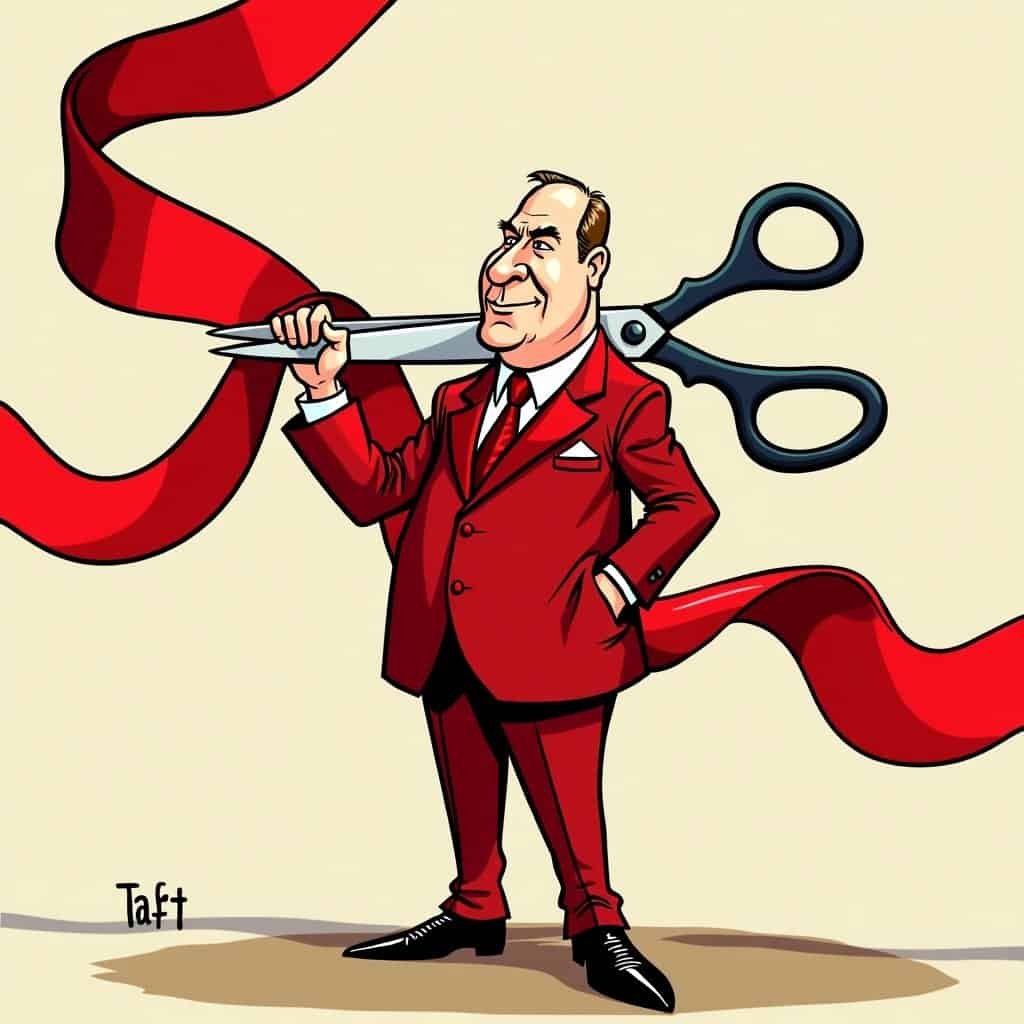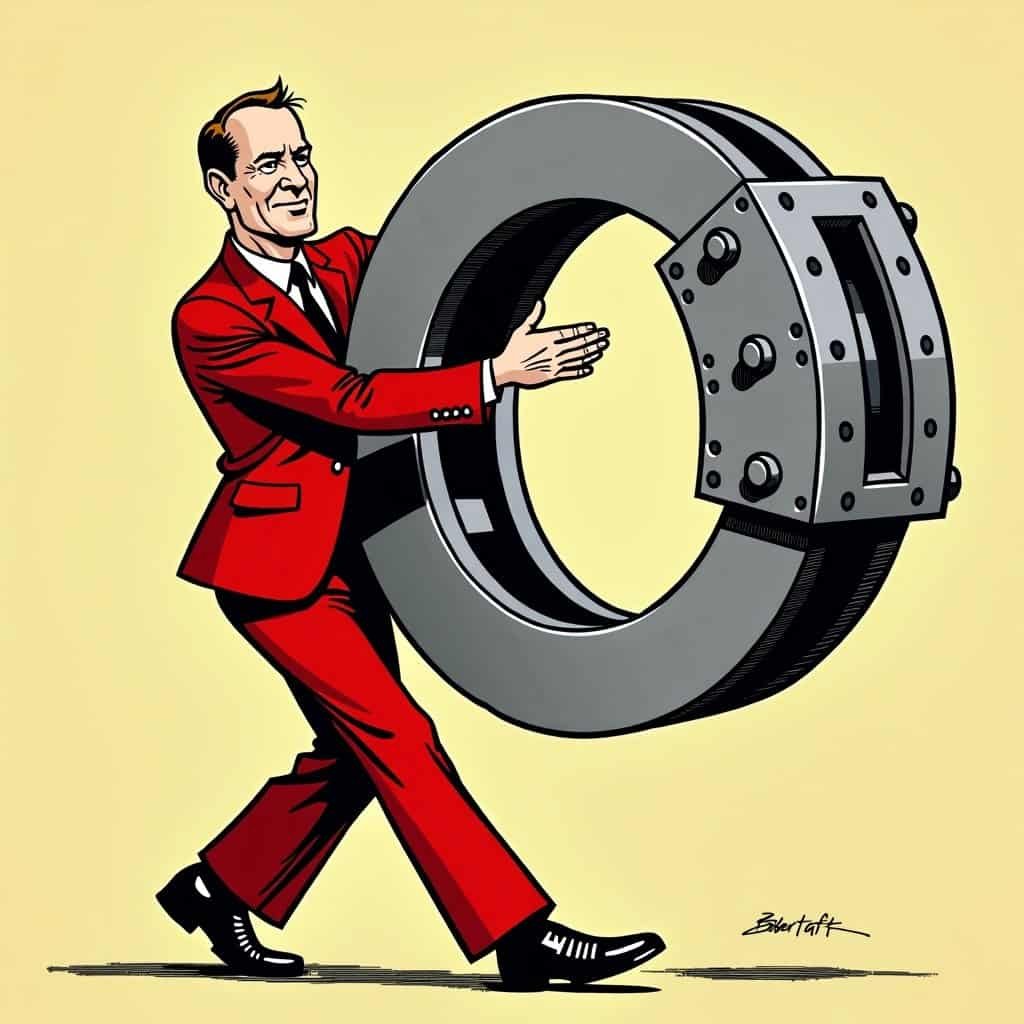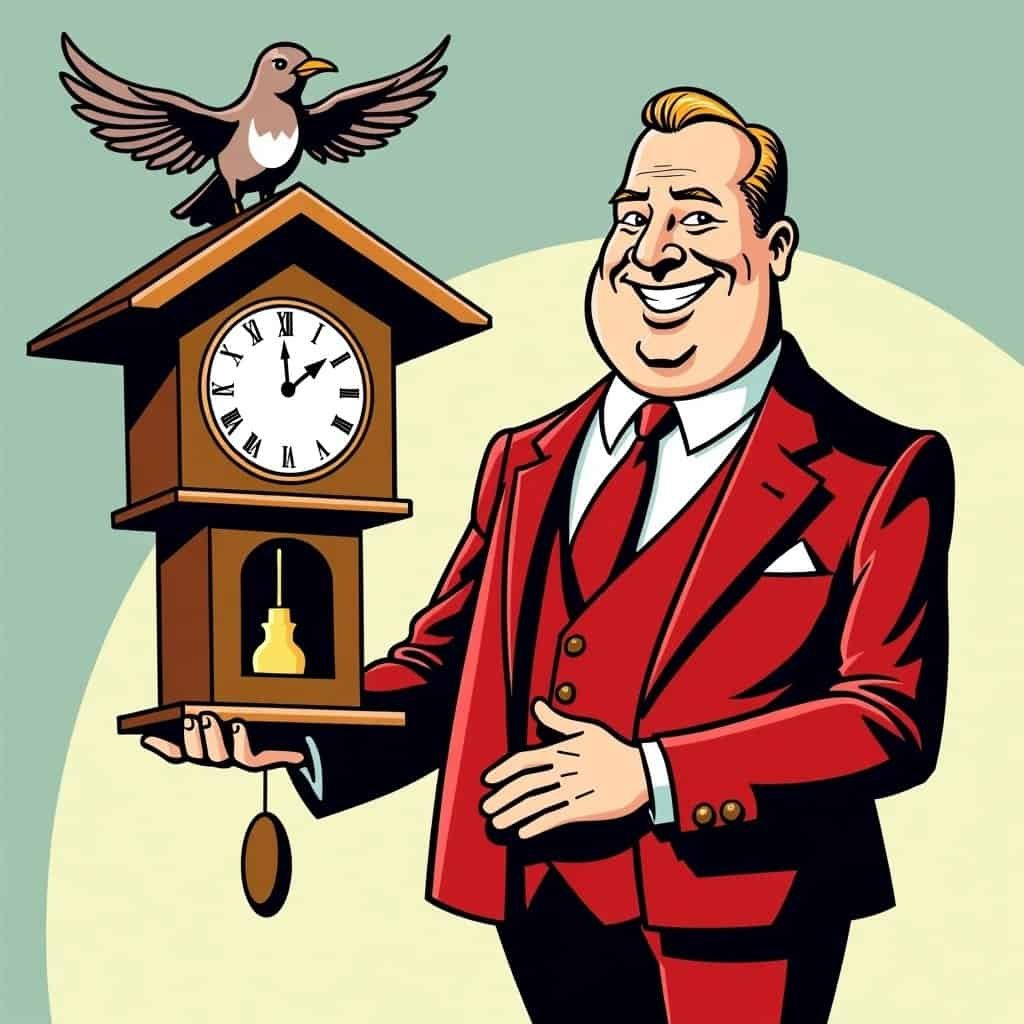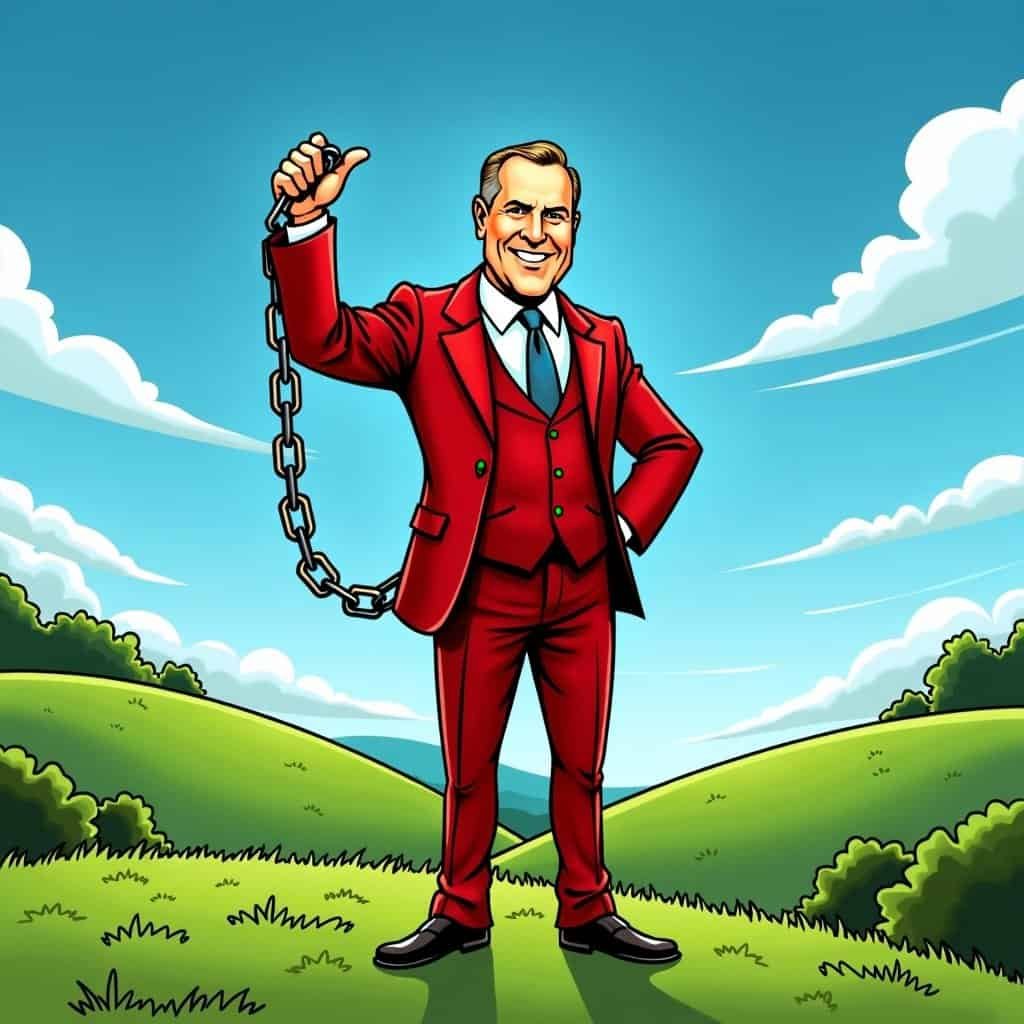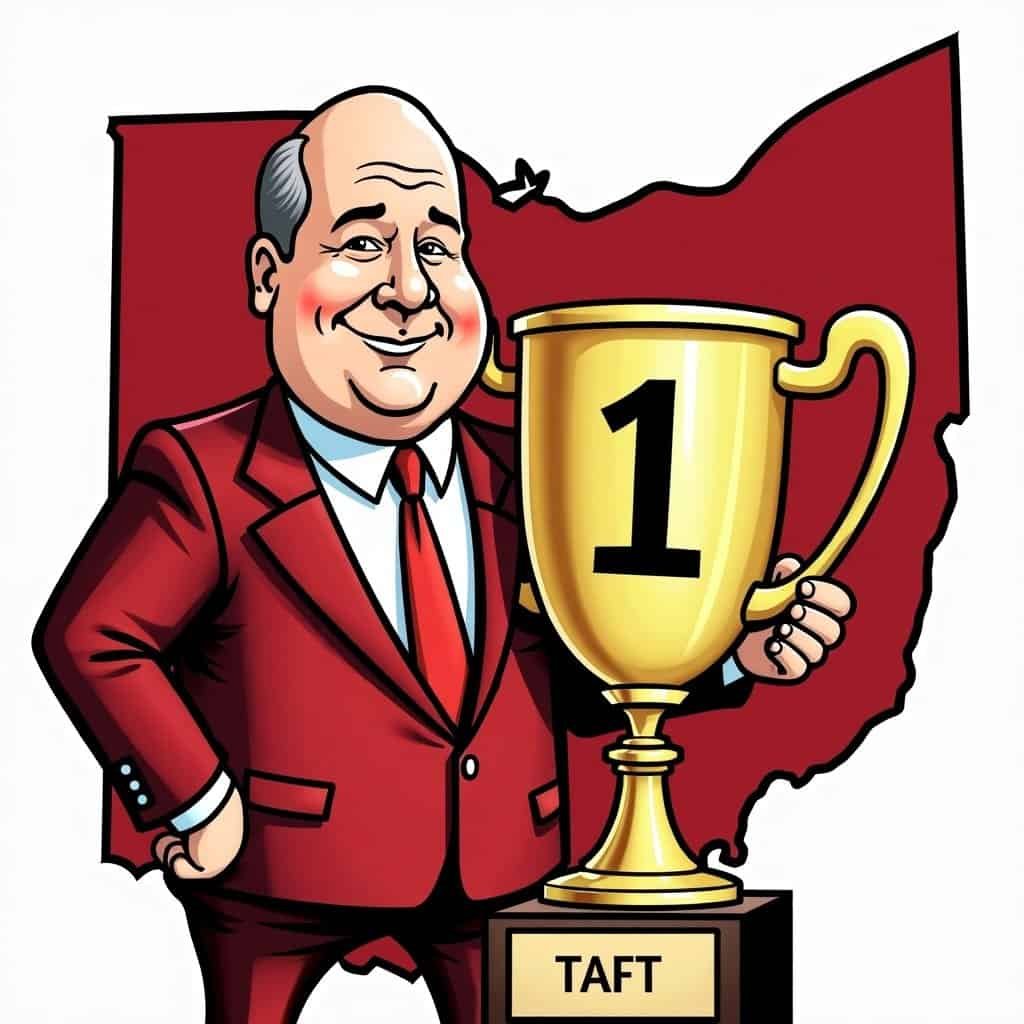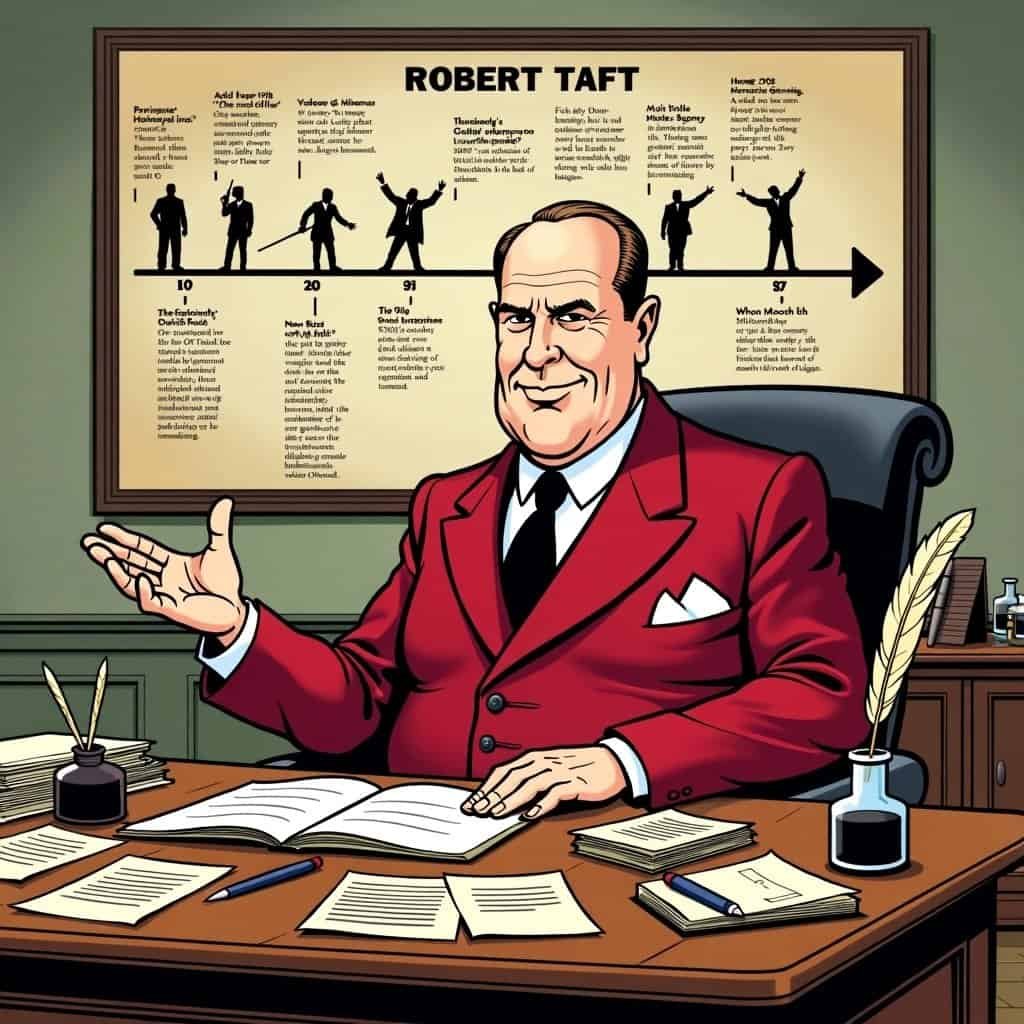Ah, taxes—a word that can send shivers down the spine of even the bravest conservative. But don’t worry, fellow fiscal hawks, today we’re diving into Robert Taft’s legacy, a man whose name alone could make IRS agents run for the hills.
Picture a world where politicians didn’t chase your hard-earned cash with the excitement of a puppy after a tennis ball. Bob Taft—a true conservative—dreamed of such a paradise, where lower taxes weren’t just a fantasy but a guiding principle. Born when paying for your coffee with gold dust wasn’t too far-fetched, Taft blazed a trail for tax reduction like a pioneer exploring the wild, untamed territories of federal budgets.
Taft’s Tax Philosophy
While progressives might enjoy muni-bonds and public spending sprees with taxpayer dollars like there’s no tomorrow, Taft grasped something important: money was best left with its rightful owners, the American people. In his view, the government had only two reliable hands, one to sign bills into law and another to quickly step back and avoid meddling in everything else.
“The less government interferes with private pursuits, the better for general prosperity.” – Robert A. Taft
Robert Taft wasn’t just another suit in Washington; he was the chess champion of fiscal responsibility. He recognized that money kept in the pockets of hardworking folks could boost an economy faster than political pork ever could. Here’s a thought: How many extra gadgets or vacations could the average Joe and Jane enjoy without Uncle Sam playing the role of Chief Collector? Quite a few, I bet!
Taft vs. Big Government
While some believed that a fatter Uncle Sam naturally meant a happier public, Taft seemed to know that spending your way to prosperity was like trying to put out a fire with gasoline—not exactly a winning strategy. The GOP crowd did a happy dance each time Taft stood against tax hikes because, let’s face it, fewer taxes mean more entrepreneurship. Yep, Taft could predict a booming economy like a weatherman forecasting sunshine in the Sahara.
Taft’s Tax Reduction Impact
| Aspect | Effect |
|---|---|
| Private Sector Growth | Increased investment and innovation |
| Job Creation | More opportunities for employment |
| Economic Freedom | Greater individual financial autonomy |
| Government Role | Reduced interference in private affairs |
Unlike those tax-happy, spend-all-day folks, Taft’s low-tax playbook sparked a roaring private sector—like a wild west cookout sizzling with innovation and opportunity. Lower taxes had individuals and businesses humming tunes of freedom as they steered capital into new ventures. With more investments, every rung of the economic ladder felt the benefits, as innovation created jobs, which in turn sparked hope—a simple recipe for prosperity!
The Taft Balancing Act
Picture Taft on a seesaw, balancing lower taxes against higher growth, like a conductor leading an orchestra of sound fiscal policies. The beauty was that instead of shaking down taxpayers like dollar-hungry pickpockets with government badges, Taft gave them a chance to grow wealth as they saw fit, planting seeds of prosperity for future generations to harvest.
So next time you hear a loud argument for higher taxes for the ‘greater good,’ remember good ol’ Robert Taft, who proudly wore his support for lower taxes like a badge of honor. He spotted the misleading light at the end of the tax tunnel and used it not to dazzle and trap, but to light up a path towards economic freedom.
If there’s a takeaway from Robert Taft’s legacy, it’s this: A country thrives best when its citizens are trusted with their earnings, not through thinly veiled paternalism hidden in policies pushed by big-government fans. As for Taft’s spirit? Oh, it’s still out there, dancing through dreams of full piggy banks and the twinkling hopes of a nation happily paying less tax.
